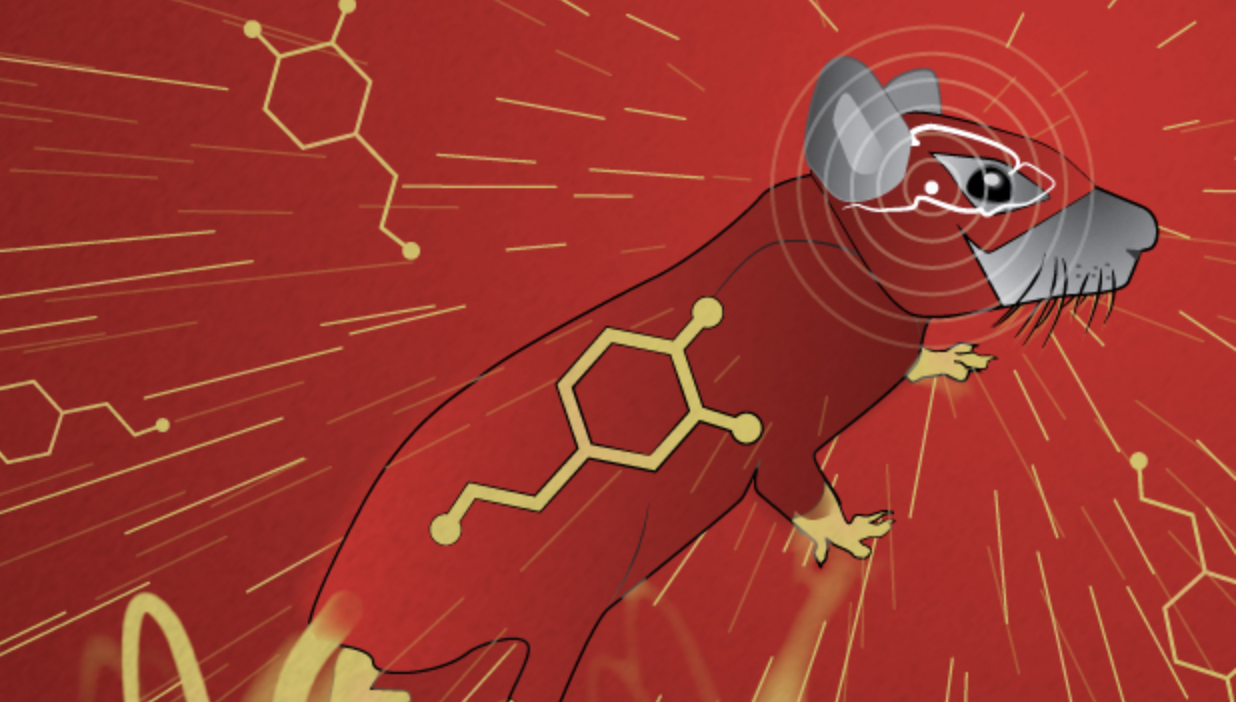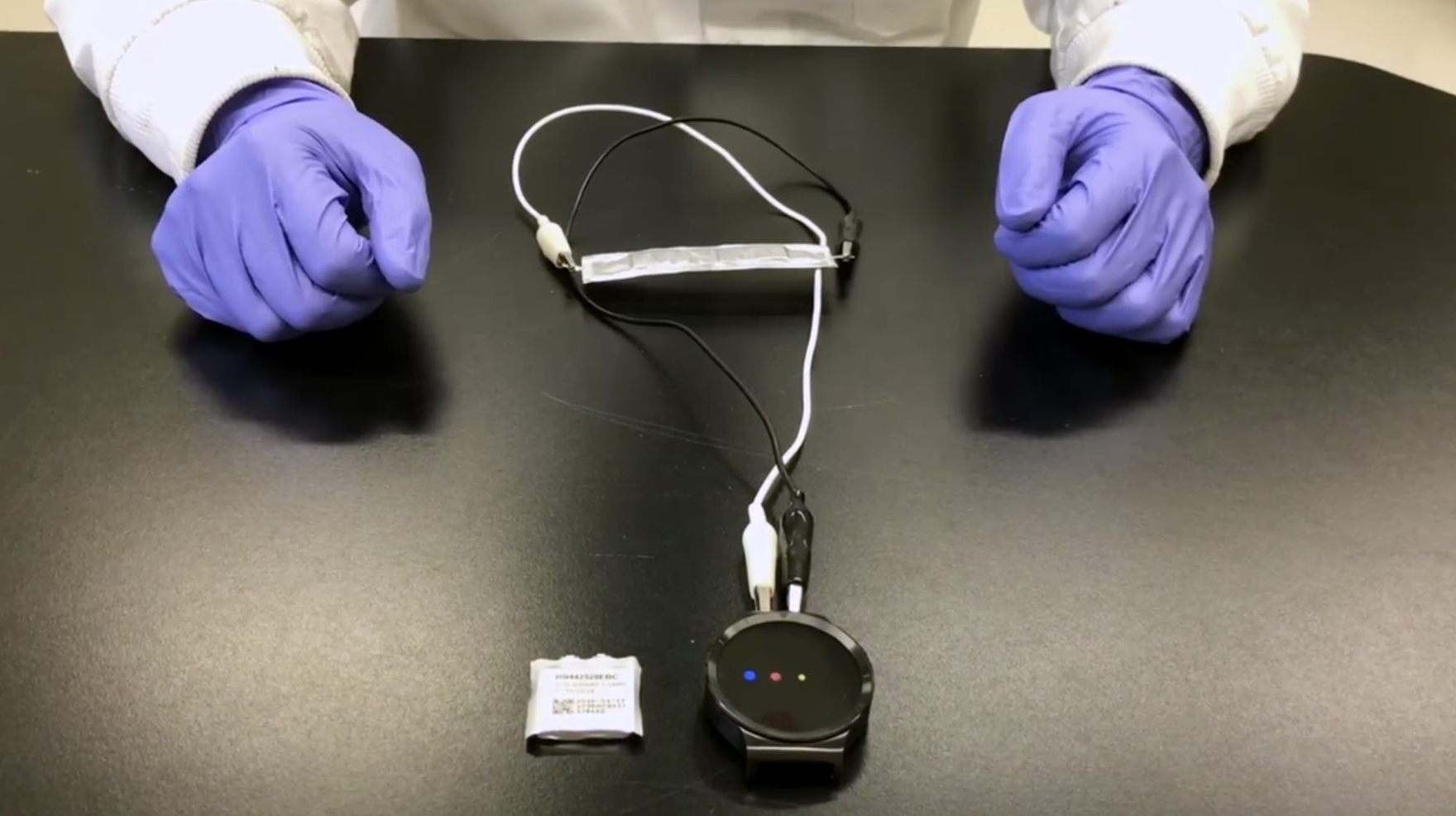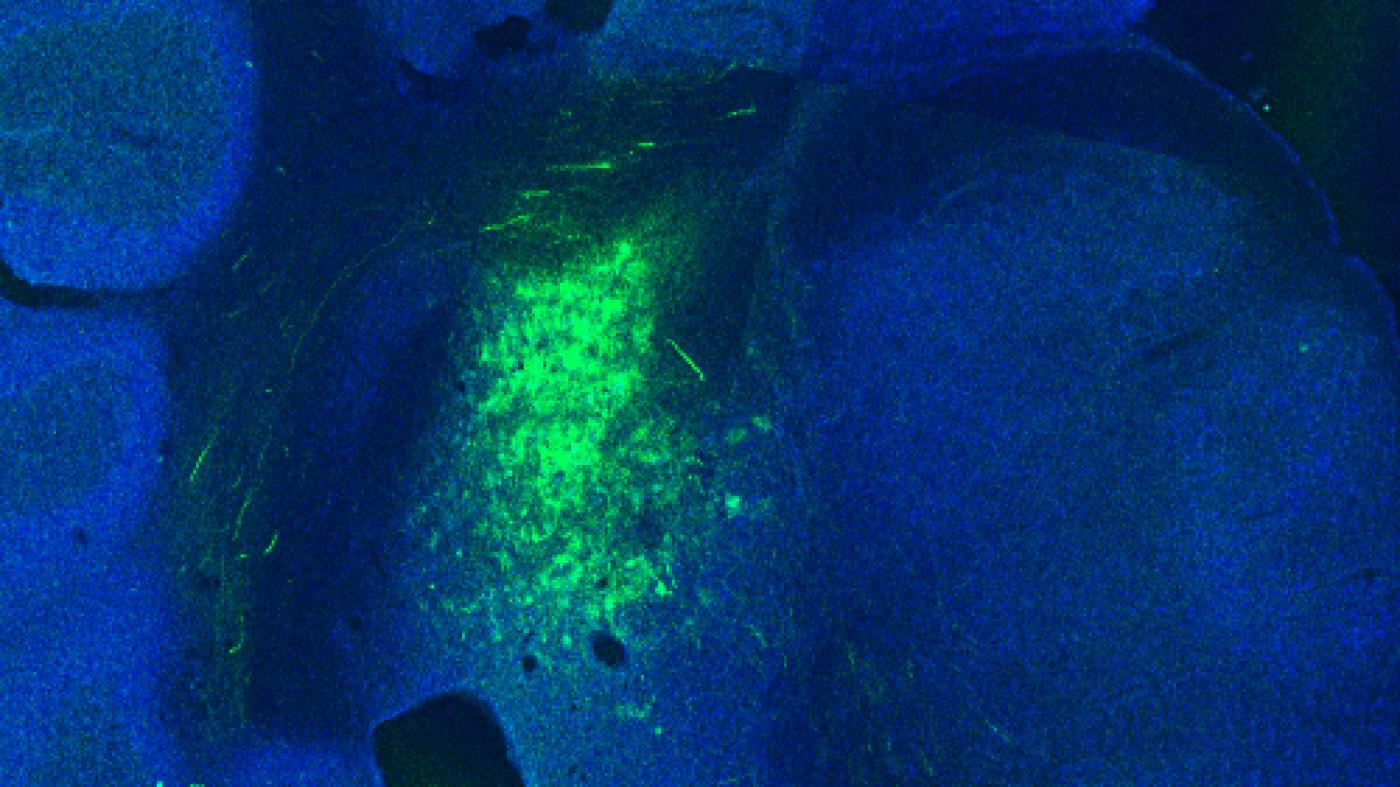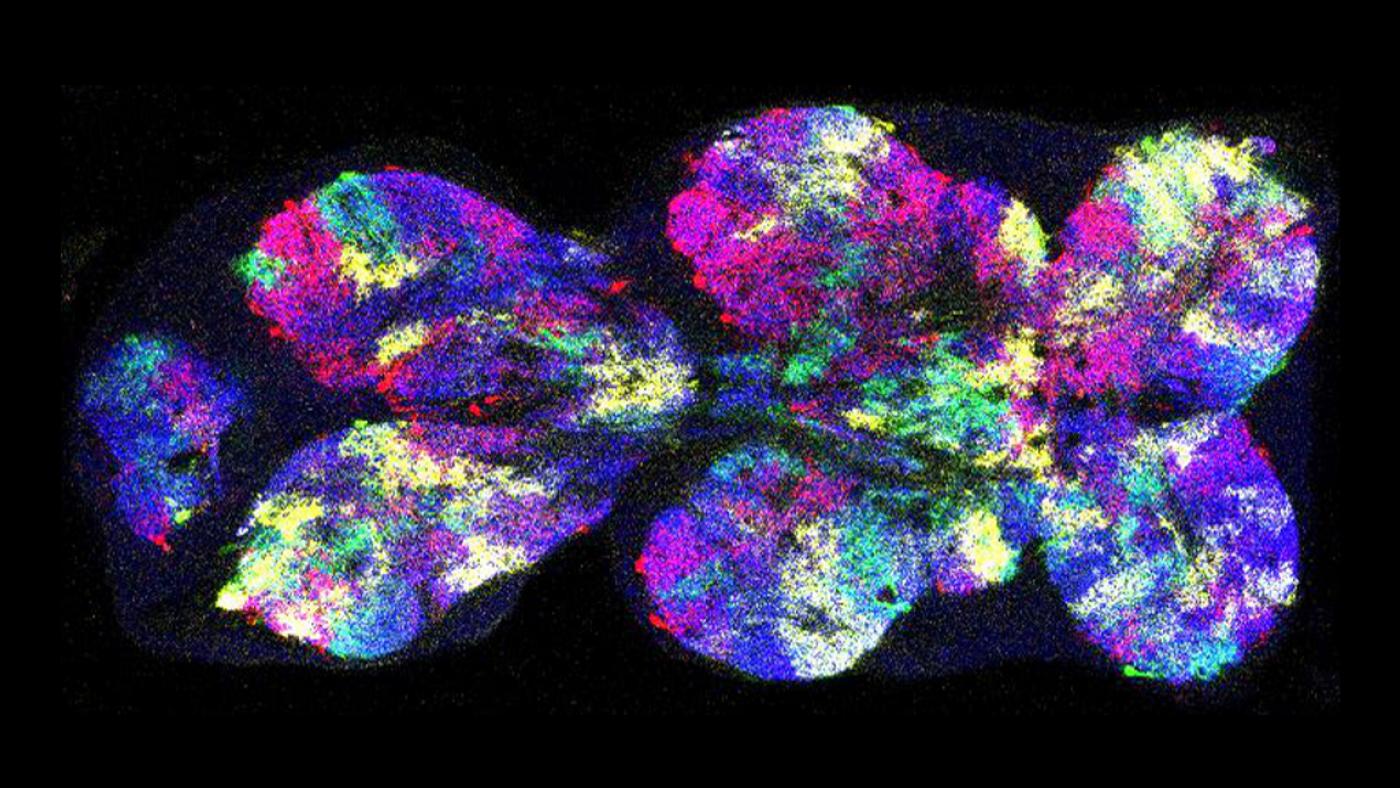February 1, 2018
Eugene Wu Wins Amazon Research Award
Eugene Wu, an assistant professor of computer science and a member of the Data Science Institute, where he co-chairs the Center for Data, Media and Society received an Amazon Research Award for his proposal “Interactive Matcher Debugging via Adversarial Generation.”
February 1, 2018
Body Movements Just Need a “Puff” of Dopamine to Get Started
A new study in mice suggests that a burst of dopamine levels at the beginning of a movement only, as opposed to all the time, is what gets us going. This may have important implications for treating Parkinson’s disease.
January 31, 2018
‘Anxiety Cells’ Identified in the Brain’s Hippocampus
Neuroscientists at Columbia University Irving Medical Center and the University of California, San Francisco Columbia have found, in mice, that certain cells fire when the animal is anxious, triggering anxiety-related behaviors.
January 31, 2018
Columbia Engineers Develop Flexible Lithium Battery for Wearable Electronics
A team led by Columbia Engineering's Yuan Yang has developed a Li-ion battery shaped like the human spine that allows remarkable flexibility, high energy density, and stable voltage no matter how it is flexed or twisted.
January 30, 2018
Scientists Identify Brain Region in Mice That Keeps the Body from Losing its Balance
New research led by Thomas M. Jessell, codirector of Columbia’s Mortimer B. Zuckerman Mind Brain Behavior Institute, has revealed how a small part of the brain singlehandedly steadies the body if it is thrown off balance.
January 28, 2018
Climate Response: Columbia Science Commits
In this video, climate scientists Peter deMenocal, Radley Horton, and Sonya Dyhrman explain their research and Columbia’s commitment to understanding the critical issue of climate change — and how it will impact human and environmental sustainability.
January 25, 2018
Scientists Discover Stem Cells that Build a Fly’s Nervous System
Scientists at Columbia’s Zuckerman Institute have uncovered new insights into how stem cells transform into brain cells that control leg movements. The findings could shed light on how the human brain develops — and what happens when problems arise.







